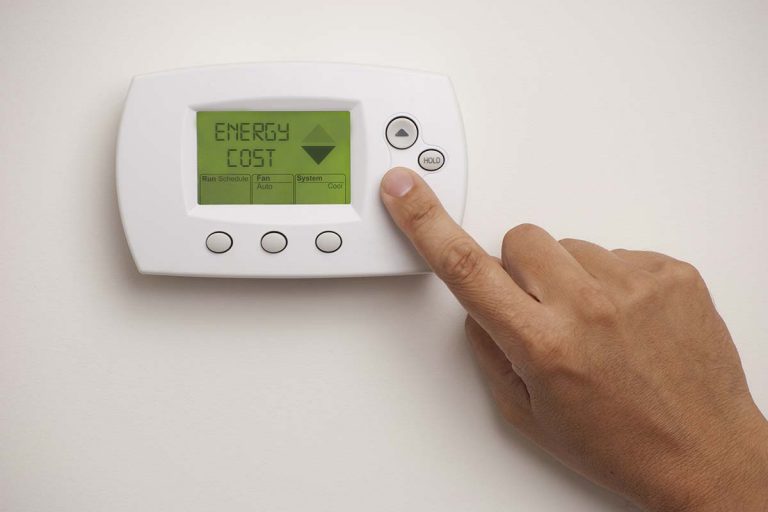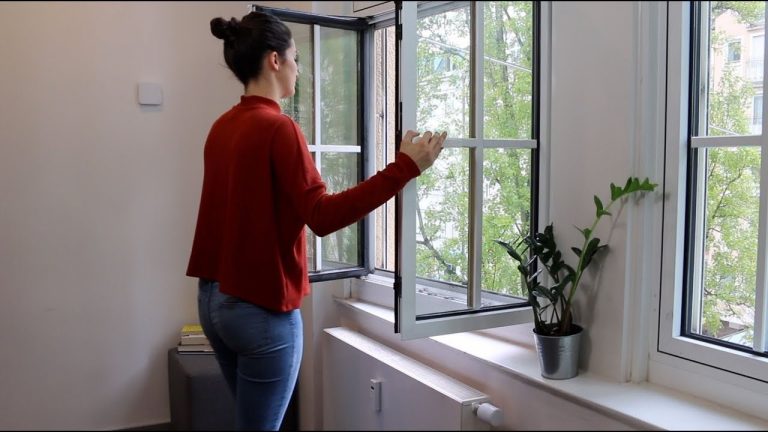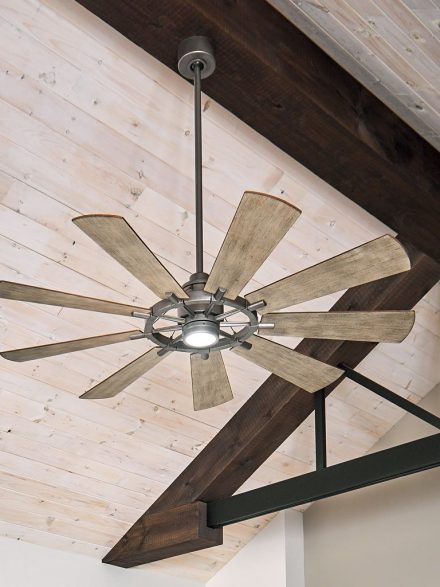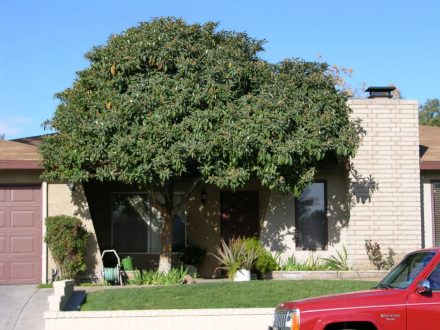
Chances are, you wouldn’t mind spending a little less money on keeping your home cool. Escaping the heat of summer feels great, but having some extra money in your pocket might feel even better. Additionally, cutting back on air conditioning is good for the environment because it reduces carbon emissions. Here are a few tips to help you stay cool without running up your electric bill with the AC!

Ventilation
According to the Department of Energy, ventilation is the least expensive and most energy-efficient way to cool your home. The best way to do this is to open windows to create a cross-breeze inside. The best time to do this is in the mornings or evenings when the outside air is at its coolest. This will help circulate air, potentially bring in the cooler outside air to replace the warm indoor air.

Use Fans
Ceiling fans may be low-tech, but by using a ceiling fan you can cut back on air conditioning needs, potentially saving you up to 40% on electricity. Smaller fans also work, but those are more for cooling people, not whole rooms. Make sure to turn those off when they’re not in use. Lastly, consider using whole-house fans that bring in air and exhaust it through the attic. These, however, should be installed by a professional. Fans use about 1/60th the energy of an air conditioner, so even using both at the same time is efficient if you raise the thermostat. Make sure your ceiling fan has angled blades and that it is pushing the air down to you.

Don’t Create Extra Heat
By using your oven or cooking something on the stove you’re adding heat to your house. Clothes dryers and dishwashers can also generate heat, so use those in the morning or evening when it’s cooler. Instead of using your stove, try grilling outside or eating colder foods, which can help lower your internal body temperature. If you do need to heat something, the microwave is also a better option than the stove.
Mind the Little Things That Add Up.
Your AC has to work the hardest in sunny rooms, so keep your curtains closed in those rooms to prevent heat from the sun from coming in. Turn off lights whenever you can, because they produce heat.

Utilize Plants
Shrubs and trees on the south and west sides of your house are a large help in keeping your home cool. They can block the sunlight from entering you house and they provide a cooling effect with the transfer of water into the air from their leaves, called transpiration. They also don’t store heat like walls and roofs do, which radiate heat even after the sun has gone down. Lastly, outdoor A/C units that are in shade, tend to be up to 10% more efficient!
If you do need to use your air conditioner…
Make sure that the filter is clean and clear. An AC with a clean filter will run more efficiently, saving you roughly 5 to 15 percent in energy use. If you have an AC that is more than ten years old, consider buying a new more efficient one, which could save you even more. Just like with heating your house, don’t waste air conditioning in rooms you’re not using or when you’re not in the house.
Sometimes, the heat of summer can become too much, and these tips might not be enough. Sometimes you might just want to feel the coolness of an AC on full blast. However, even incorporating some of these tips occasionally, is going to save you more than not taking any action at all!
